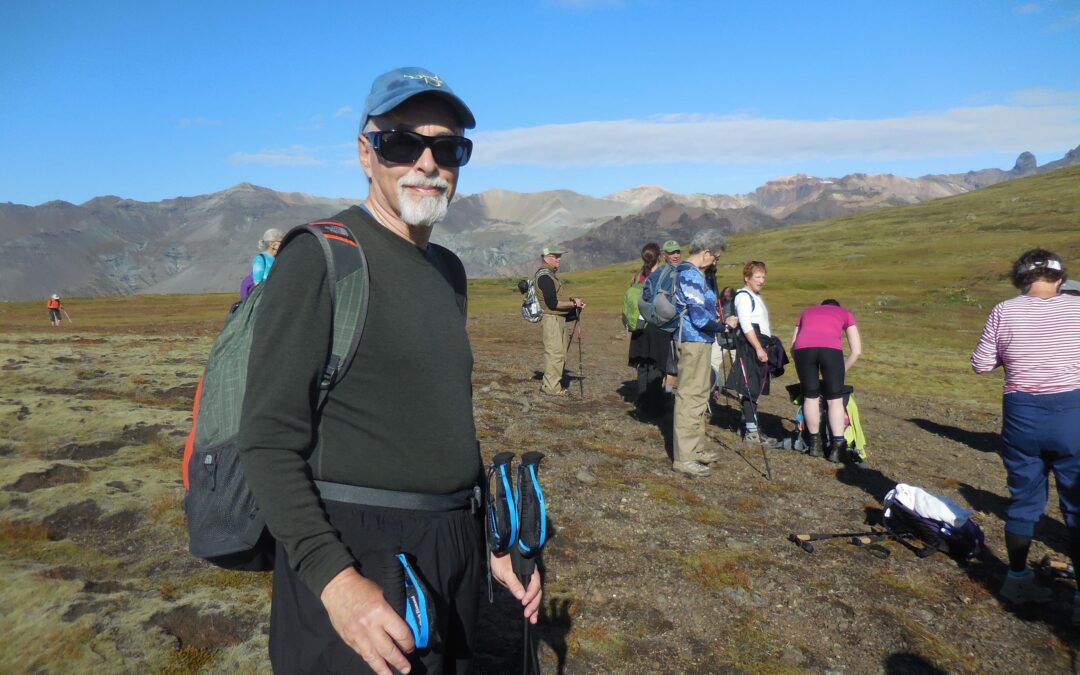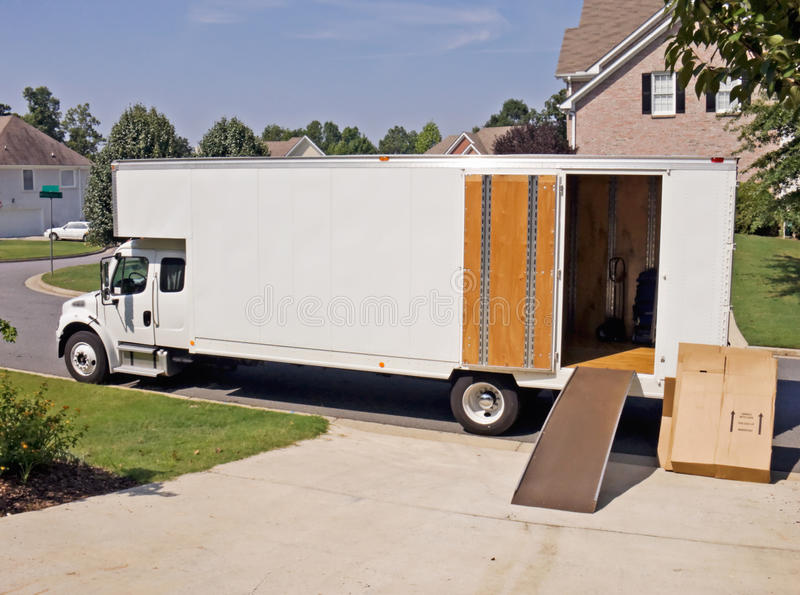
Dec 14, 2020
Will you have enough money for your retirement? Well, it depends on what you want to do in retirement and what that will cost. But there is more to the question than that.
There is a numerical approach to answering this question. When I was a financial planner, I helped people do the calculations. They wanted to know how long their money would last, based on their savings, investments, Social Security, and their future spending plans.
How much retirement income will you be able to draw from your investments? The calculations that I did used historic investment returns, taking their past variability into account. The result was a probability – the chances that there will be enough to last a lifetime.
When the calculation is all done, you still have to take your tolerance for risk into account. What if there were a 95% chance of your money lasting? That would mean a 5% chance that it wouldn’t. For some people 95% sounded great; for others, not so much. And if the chance of having enough were less, say 80 – 90%, what then? Or if it were more, such as 99%?
The numbers in a calculation about the future go only so far. You have to eat every day to survive, even during a pandemic when the possibility or reality of having less income can be quite real. Having a cash reserve available can be extremely helpful, pandemic or not, but that is based on your past behavior of putting “extra” money aside. You can only make decisions about what you do now for the future.
Having gratitude, faith, and hope helps to manage anxiety. The reality is that whether you are optimistic or pessimistic, life will go its own way. There will always be change and surprises to accommodate to – some negative, some positive.
A life driven by pessimism and fear is not much fun. I prefer to be an optimist. Having a positive attitude lets me participate in and enjoy life more fully along the way, however it all turns out.
What is your attitude about having enough for the future?

Oct 20, 2020
I was a financial planner for the last few decades before I “retired.” That career was a good fit for me and my skills, plus I had the opportunity to help others meet their goals.
I love to plan. I enjoy setting goals, especially big ones. Having a big goal is like being a mountain climber – facing a great mountain – and trying to find the path up. Then I use my creativity to make progress towards achieving my goals.
I know that plans don’t work perfectly, because nothing happens exactly as planned. But having a plan gives me the comfort of having a path to follow and a sense of accomplishment. I can climb that mountain.
All plans are based on assumptions, which are no more than best guesses about the outcomes of actions to be taken. During the pandemic, planning is particularly hazardous because of huge uncertainties.
I have modified my approach. I still set goals and do my planning, but. I am now willing to accept somewhat vaguer descriptions of my goals. I force myself to be more patient and flexible on the timing of achieving my goals. I continue to use innovation and creativity to make progress.
Instead of planning for the long-term future, I am setting shorter-term goals, typically up to a few months. As I make progress, I watch carefully how the results unfold. Then I modify my approach as needed.
It now feels like I am climbing up a number of smaller mountains. When I get to the top of each, I pause to look around. Only then do I realize what the current landscapes are. Afterward I plan out my next few steps.
I continue to plan because I have big goals to achieve. Planning gives me a sense of control over my life. But changing its scope helps to prevent huge anxiety as circumstances change.
Has your scope of planning changed during the pandemic?

Sep 22, 2020
My body frequently reminds me that it is there. I am of an age where I have very mild and occasional aches and pains in one or another part of my body. Should I be concerned?
Like most people who are 60 or above, I also have a chronic health condition that needs to be managed on a regular basis. Actually, I have more than one chronic health issue.
I try not to worry about twinges and am mostly successful at that. But when my concerns rise above a threshold level, I take action. Here is what I do that you might consider if you are not already doing them yourself right now.
- When I have a health or wellness concern, I use Google and the Internet to identify questions to ask and terms to use when describing my situation. But I am rarely satisfied enough to leave it there.
- If my issue is urgent, I call the nurse who works with my doctor to get immediate help.
- My health care provider now has an online capability for me to ask questions of and get answers from my family practice physician, generally within a couple of days. I rarely use this capability, but it is terrific when needed.
- I have regular periodic visits to my physician. Before I go, I prepare a list of questions to ask. I give myself plenty of time to brainstorm and prepare the list. Because my time with my physician is short, it is critical that I am well prepared. Sometimes we discuss symptoms and treatments, sometimes I bring in general wellness questions to be answered.
This combination of actions has worked very well for me. It also serves as a model in other parts of my life. Here’s why.
There are a number of other parts of my life that I consider to be very important and that I don’t have the answers for. These include finances, taxes, and various aspects of my work. I can deal with and resolve most of the challenges of these area on my own, and that’s what I do. But if the stakes (time and money) of getting it right are high enough, I will pay to bring in an expert.
I use a process similar to what I do for my health issues. First, I will do some internet research on my own. I will then escalate my search to getting free information from friends and colleagues. If I decide that I need to meet with an expert, I will organize my questions so that I can use the expert’s time as efficiently as possible. If my issue is chronic, I will arrange for periodic help.
This process has worked very well for me. Its biggest challenge is deciding what in my life is not working as I would like it to and if the stakes are high enough to bring in a professional to help me make progress.
What important challenges do you have that would benefit from the help of an expert?

Jun 30, 2020
If you were born between 1946 and 1964, you are designated as a “baby boomer.” Your age right now is between 56 and 74. As you pass age 65, what are you becoming? What should we call you?
There are a variety of names you can choose from. These include Senior Citizen, Older Citizen, Older Adult, Old Person, Old-Aged, Oldy, Oldster, Old Fogey, Elderly Person, Elder, Hippie Generation, and Golden Ager. Many people I know are offended by and do not identify with these names.
The term retiree could in theory work. However, it implies that you are not working full time and it says nothing about your age.
So here is a name I like as an alternative: Bloomer. It is reminiscent of Baby Boomer, so it hints at your age. Bloomer says that you are flourishing, which you can certainly do in your older years. After all, you may have fertile ground (money, skills, experience, networks) to sprout. You can make it happen.
What are your plans to flourish in your older years?

May 12, 2020
I am busier than ever, in spite of the pandemic. I don’t leave my apartment except for occasional grocery shopping trips, walks with my wife, and bicycle rides. I retired from my 34-year financial planning career last December. I am fortunate that I can use my extra time to establish a new career as a retirement coach. My life feels full and fulfilling.
My friend Mitch is of retirement age and still working in his teaching / research job. He collaborates with faculty at the University over Zoom. His Zoom meetings seem like a pale shadow compared to his intensive, in-person discussions of the past. And his laboratory is shut down. He waits impatiently for the pandemic to be over.
Time will pass for Mitch and me and all of us. Will we look back at this as a meaningful time spent with our families or not?
We are all semi-quarantined. We have less control now over where we spend our time. But we still have a lot of control over how we spend it.
Time is one of our most important resources. We can spend it as we wish. But the deal is – we use it or lose it.
You may also be facing any number of challenges now, such as:
- Feeling stuck
- Dealing with illness or the fear of illness – for yourself and others
- Not enough money now or in the future
- Loneliness
- Not being able to do what you really want to do
Here are some questions for you:
- Which of these challenges is most important to you right now?
- How can you use your creativity to figure out how to proceed?
- Whom should you be talking with to figure out how to proceed?
- How can you use your time differently to make more progress on those challenges?

Jan 2, 2020
There are many things to consider about where you should live when you retire.
Some of the more common reasons for moving include:
- Finding a place that is a better size and shape for you.
- Choosing a different type of place, e.g. rental, townhouse, condominium, etc.
- Tapping into the equity in your home. You can do this by moving to a smaller home or rental and using the difference in price for other purposes.
- Living in a more desirable climate.
- Moving closer to people or places that are important for you.
- Moving after retiring – because you now can. When your job ends, you no longer must live within commuting distance from your workplace.
Moving is always a challenge in time, money, energy, and decision-making. If you’re lacking the time, energy or will to do the move yourself, there are professionals who can help you in a variety of ways.
Movers will transport your possessions. Organizers can help you decide what to take, give away or sell and help you do it. They can show you how to reconfigure your possessions in a new place. If you want to do some of the work yourself, you can negotiate with them as to who will do each of the tasks.
If you are over 55 and moving, you might consider moving to a senior community, sometimes called independent living. Some are rentals; some you buy and own.
The motivation for moving to a senior community is that it will provide a mix of services (that you pay for) that can include home and yard care, cleaning and laundry, a place to exercise, a mix of activities and even special interest clubs. Units are generally on one level so that you do not have to negotiate stairs. As a community it may contain other like-minded people.
If you are concerned about health needs—present and future, you can choose an independent living community that also has long-term-care capabilities available when needed. These can be some combination of assisted living, memory care, and nursing care.
If you live with a partner and one of you needs professional care beyond what you can and want to provide yourself, the two of you can live in different units very close to each other. When one of you dies, there is a community to support the survivor.
Starting to think about senior living early has its advantages. Here are some of my observations:
- It is unpredictable when you may need serious health care. For example, even one misstep can leave you injured or disabled and therefore needing care.
- If you have a life partner or a family living locally and you need healthcare, they may be able to provide some of it. If not, you may need professionals to help.
- The best senior communities, with or without healthcare capabilities, can have waiting lists that can last for years before you are next in line to move in. Getting on the list early is critical.
- If you move to a senior community that provides care, you will move either too early or too late. If you move too early, you unnecessarily and prematurely give up the pleasures of your current home. If you move too late, you may not have the mental or physical capabilities for a simple transition. Earlier is easier and better.
- If you have a pet that you want to bring, find out the community’s policy about pets.
What should you look for in a senior community besides the more obvious normal features in any housing (cost, location, size, etc.)? Here are a few factors:
- Services and programs offered – quantity, quality, and their match to your own vision of retirement.
- Viability of the community. Most are privately owned. Some are coops or run by a nonprofit. Some may need a lot of fixups and some not and this could affect future rents or fees.
- Age of the place. If people move in and stay the rest of their lives, the average age of residents moves up each year in a phenomenon called “aging in place.” Depending on the type of care facilities available, people will move in primarily when they are in their 60’s, 70’s, or 80’s. If you want to live in a community where people are of an age and life circumstances like your own, this can matter.
Each place is unique. Do your research, including talking to residents, before making a move.






